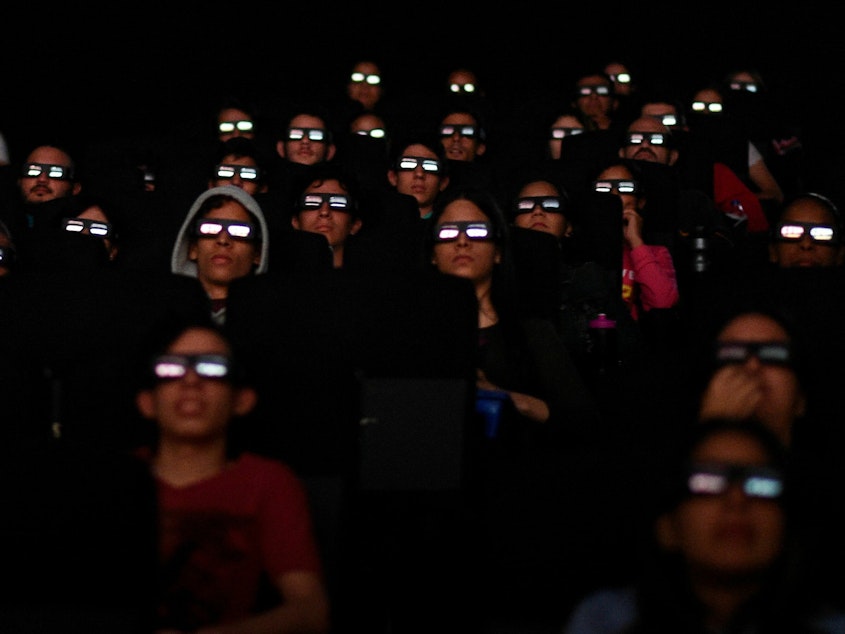The Visual Effects workers behind Marvel's movie magic vote to unionize

Ever since production of the first Star Wars movies in the 1970s, the visual effects industry has largely been non-unionized. But now for the first time, a group of 50 visual effects workers at Marvel Studios in LA, New York and Atlanta have signed authorization cards with the National Labor Relations Board. They hope to become part of the International Alliance of Theatrical Stage Employees, or IATSE.
Some visual effects workers have called their working conditions at Marvel "toxic," complaining about being overworked with long hours, seven day weeks. "I'm a VFX Artist, and I'm Tired of Getting 'Pixel-F–ked' by Marvel," one anonymous worker told New York Magazine's online site Vulture. "That's a term we use in the industry when the client will nitpick over every little pixel."
In a news release, IATSE VFX coordinator Bella Huffman noted "Turnaround times don't apply to us, protected hours don't apply to us, and pay equity doesn't apply to us."
Union leaders say joining them would give the "on set "workers the same protections and benefits enjoyed by other crew members, such as production designers, art directors, camera operators, sound editors, hair and makeup artists..
"This is a historic first step for VFX workers coming together with a collective voice demanding respect for the work we do," Mark Patch, an VFX organizer for IATSE, said in the press release.
Sponsored
The historic news about trying to unionize visual effects workers comes at the same time unionized screenwriters and actors are on strike against major Hollywood studios for better pay, higher residuals and protections against artificial intelligence. The Writers Guild of America began striking May 2, and SAG-AFTRA started in July. [Copyright 2023 NPR]



